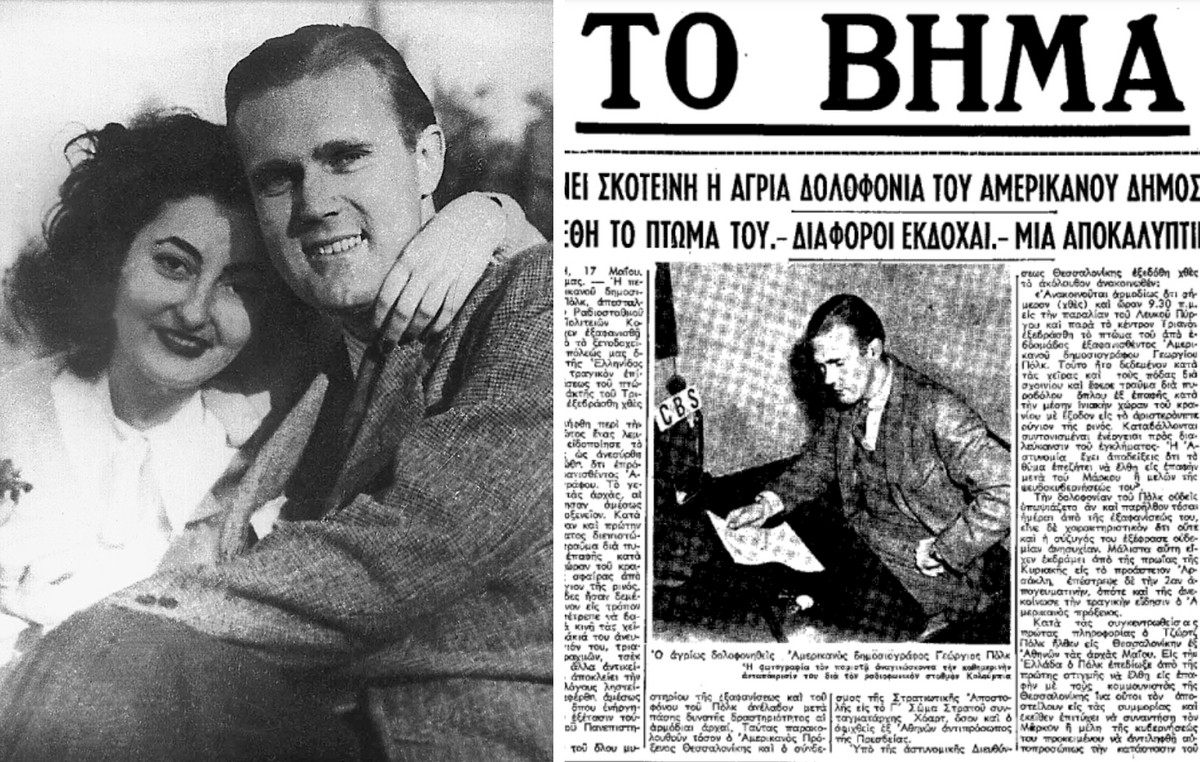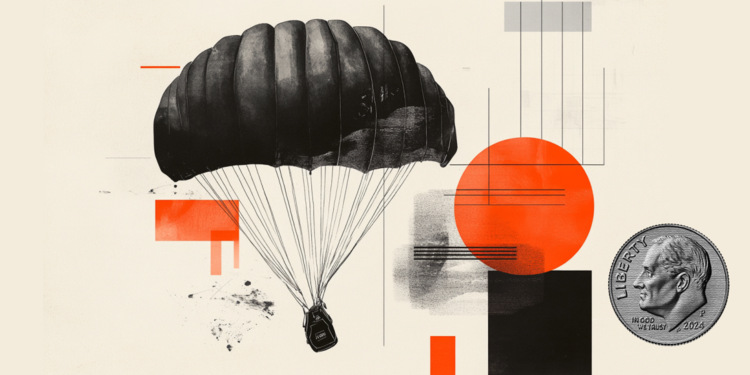Henry Kissinger, a controversial Nobel Peace Prize winner and diplomatic powerhouse whose service under two presidents left an indelible mark on US foreign policy, died on Wednesday at age 100, Kissinger Associates Inc said in a statement.
He died at his home in Connecticut.
Kissinger was active after his centennial, participating in meetings at the White House, publishing a book on leadership styles and testifying before a Senate committee on the nuclear threat posed by North Korea. In July 2023, he made a surprise visit to Beijing to meet Chinese President Xi Jinping.
In the 1970s, he participated in many of the decade’s epoch-changing global events while serving as Secretary of State under Republican President Richard Nixon. The German-born Jewish refugee’s efforts led to the diplomatic opening of China, historic arms control negotiations between the US and the Soviet Union, expanded ties between Israel and its Arab neighbors, and the Paris Peace Accords with North Vietnam.
Kissinger’s reign as the chief architect of U.S. foreign policy diminished with Nixon’s resignation in 1974. Still, he continued to be a diplomatic force under President Gerald Ford and offer strong opinions throughout the rest of his life.
While many praised Kissinger for his brilliance and vast experience, others labeled him a war criminal for his support of anti-communist dictatorships, especially in Latin America. In his later years, his travels were circumscribed by efforts by other nations to arrest him or question him about past U.S. foreign policy.
His 1973 Peace Prize – awarded jointly to Le Duc Tho of North Vietnam, who would refuse it – was one of the most controversial ever. Two members of the Nobel committee resigned over the selection and questions arose about the secret US bombing of Cambodia.
Ford called Kissinger a “super secretary of state” but also highlighted his irritability and self-confidence, which critics would likely call paranoia and selfishness. Even Ford said, “Henry, in his mind, never made a mistake.”
“He had the thinnest skin of any public figure I’ve ever met,” Ford said in an interview shortly before his death in 2006.
With his stern expression and husky German-accented voice, Kissinger was hardly a rock star, but he had an image as a womanizer, chaperoning stars around Washington and New York in his bachelor days. Power, he said, was the ultimate aphrodisiac.
Volatile in politics, Kissinger was reticent in personal matters, although he once told a journalist that he saw himself as a cowboy hero, riding alone.
Harvard College
Heinz Alfred Kissinger was born in Furth, Germany, on May 27, 1923, and moved to the United States with his family in 1938, before the Nazi campaign to exterminate European Jews.
Anglicizing his name to Henry, Kissinger became a naturalized American citizen in 1943, served in the Army in Europe in World War II, and went to Harvard University on scholarship, earning a master’s degree in 1952 and a doctorate in 1954. He was at Harvard. faculty for the next 17 years.
During much of this time, Kissinger served as a consultant to government agencies, including in 1967 when he served as a liaison for the State Department in Vietnam. He used his connections with President Lyndon Johnson’s administration to relay information about the peace negotiations to the Nixon camp.
When Nixon’s promise to end the Vietnam War won him the 1968 presidential election, he brought Kissinger to the White House as national security adviser.
But the process of “Vietnamization”—shifting the burden of war from half a million U.S. forces to the South Vietnamese—was long and bloody, punctuated by massive U.S. bombings of North Vietnam, the mining of North Vietnamese ports, and the bombing of Cambodia.
Kissinger declared in 1972 that “peace is at hand” in Vietnam, but the Paris Peace Accords reached in January 1973 were little more than a prelude to the final communist takeover of the South two years later.
In 1973, in addition to his role as national security advisor, Kissinger was appointed secretary of state – giving him unchallenged authority in foreign affairs.
The intensifying Arab-Israeli conflict launched Kissinger on his first so-called “space shuttle” mission, a highly personal, high-pressure type of diplomacy for which he became famous.
Thirty-two days of travel between Jerusalem and Damascus helped Kissinger forge a lasting disengagement agreement between Israel and Syria in the Israeli-occupied Golan Heights.
In an effort to diminish Soviet influence, Kissinger contacted his main communist rival, China, and made two trips to the country, including a secret one to meet with Prime Minister Zhou Enlai. The result was Nixon’s historic Beijing summit with Chairman Mao Zedong and the eventual formalization of relations between the two countries.
Strategic agreement
The Watergate scandal that forced Nixon to resign barely missed Kissinger, who was not linked to the cover-up and remained secretary of state when Ford, taking office in the summer of 1974. But Ford replaced him as national security adviser in an effort to hear more voices on foreign policy.
Later that year, Kissinger went with Ford to Vladivostok, in the Soviet Union, where the president met with Soviet leader Leonid Brezhnev and agreed on a basic framework for a strategic arms pact. The agreement crowned Kissinger’s pioneering efforts at détente that led to the relaxation of tensions between the US and the Soviet Union.
But Kissinger’s diplomatic skills had limits. In 1975, he was accused of failing to persuade Israel and Egypt to agree to a second-phase withdrawal in Sinai.
And in the 1971 India-Pakistan War, Nixon and Kissinger were heavily criticized for leaning toward Pakistan. Kissinger was heard calling the Indians “bastards” – a remark he later said he regretted.
Like Nixon, he feared the spread of leftist ideas in the Western Hemisphere, and his actions in response would cause deep suspicion of Washington among many Latin Americans in the years to come.
In 1970, he conspired with the CIA on how best to destabilize and overthrow the Marxist but democratically elected Chilean president, Salvador Allende, while also asserting in a memo following the bloody Argentine coup d’état in 1976 that military dictators should be encouraged .
When Ford lost to Jimmy Carter, a Democrat, in 1976, Kissinger’s days in government power were largely over. The next Republican in the White House, Ronald Reagan, distanced himself from Kissinger, who he considered out of step with his conservative constituency.
After leaving government, Kissinger created a high-priced, high-powered consulting firm in New York that offered advice to the world’s business elite. He served on company boards and in various foreign policy and security forums, wrote books, and became a regular media commentator on international affairs.
After the attacks of September 11, 2001, President George W. Bush chose Kissinger to head an investigative committee. But protests from Democrats, who saw a conflict of interest with many of his consulting firm’s clients, forced Kissinger to resign.
Divorced from his first wife, Ann Fleischer, in 1964, he married Nancy Maginnes, an advisor to New York Governor Nelson Rockefeller, in 1974. He had two children with his first wife.
Source: CNN Brasil
Bruce Belcher is a seasoned author with over 5 years of experience in world news. He writes for online news websites and provides in-depth analysis on the world stock market. Bruce is known for his insightful perspectives and commitment to keeping the public informed.







